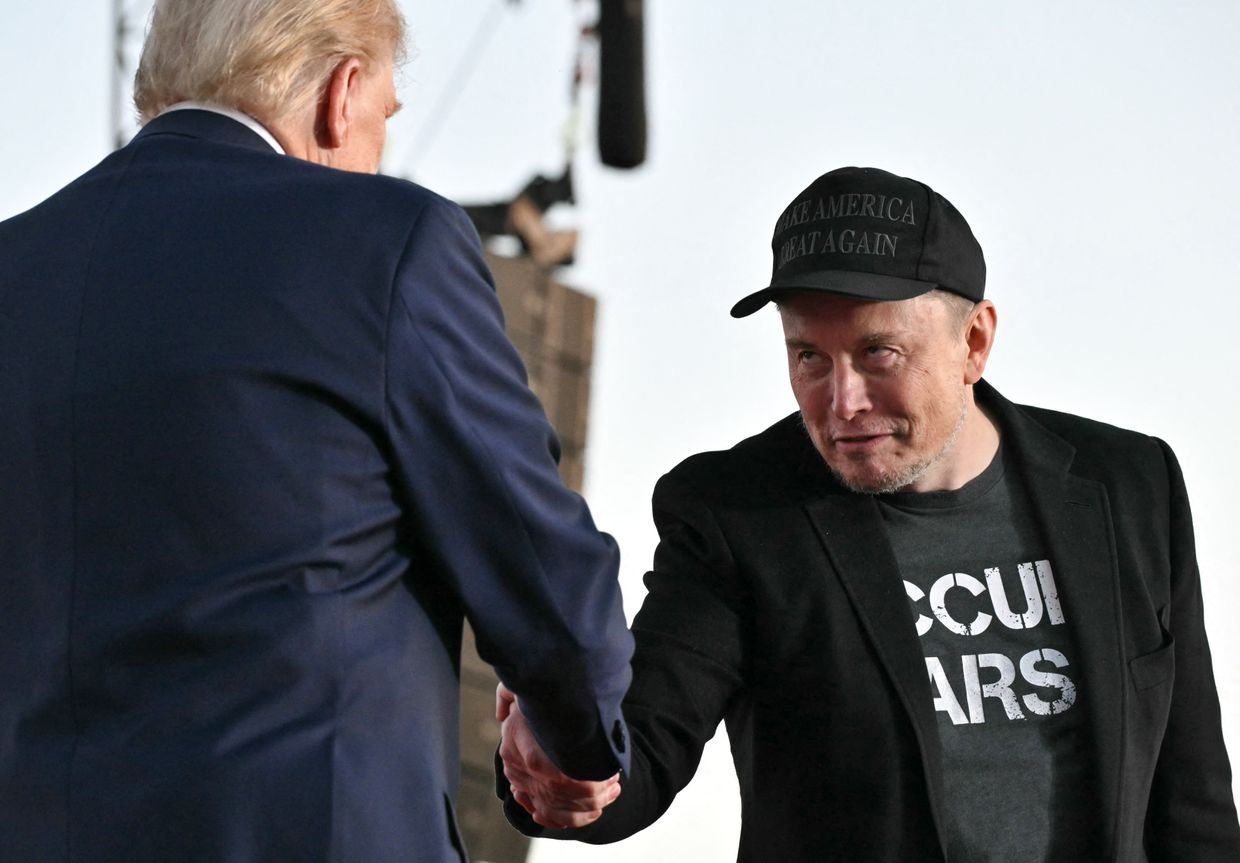Editor's note: The article has been updated with reporting from the Associated Press, which said that USAID staff were instructed not to come to the agency's Washington office.
Elon Musk said on Feb. 3 that he discussed closing the U.S. Agency for International Development (USAID) with President Donald Trump, who allegedly agreed to shut it down.
Musk, who heads the Department of Government Effectiveness (DOGE), has blasted USAID as a "criminal organization" and pushed for its dissolution.
The agency funds initiatives ranging from women's health in conflict zones and clean water access to HIV/AIDS treatment, energy security, and anti-corruption programs.
"With regards to the USAID stuff, I went over it with (the president) in detail, and he agreed that we should shut it down," Musk said during a conversation on X Spaces.
Separately, Trump said that USAID is run by "radical lunatics" who need to be removed before the White House makes a final decision on the agency. Earlier reports suggested that the Trump administration aims to move the Congress-funded independent agency under the State Department.
USAID staff were instructed to stay away from the agency's Washington headquarters, the Associated Press reported. Over 600 employees were locked out of the agency's computer systems.
"What we have is just a ball of worms. You've got to basically get rid of the whole thing. It's beyond repair," Musk added.
USAID's website has been offline since Feb. 2, signaling the agency's potential dissolution.
Musk's comments follow reports that DOGE representatives accessed USAID's headquarters in Washington and gained entry to classified areas and data. Trump's administration reportedly placed two top USAID security officials on leave over the weekend after they attempted to block Musk's team from restricted areas.
Since Russia's full-scale invasion, USAID has provided $2.6 billion in humanitarian aid, $5 billion in development assistance, and over $30 billion in direct budget support to Ukraine.
This funding has helped rebuild schools, finance bomb shelters, and equip hospitals with advanced medical equipment.
Ukraine's parliamentary humanitarian and information policy committee has begun consultations with European counterparts on temporarily replacing U.S. funding provided through USAID.














